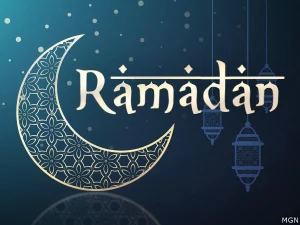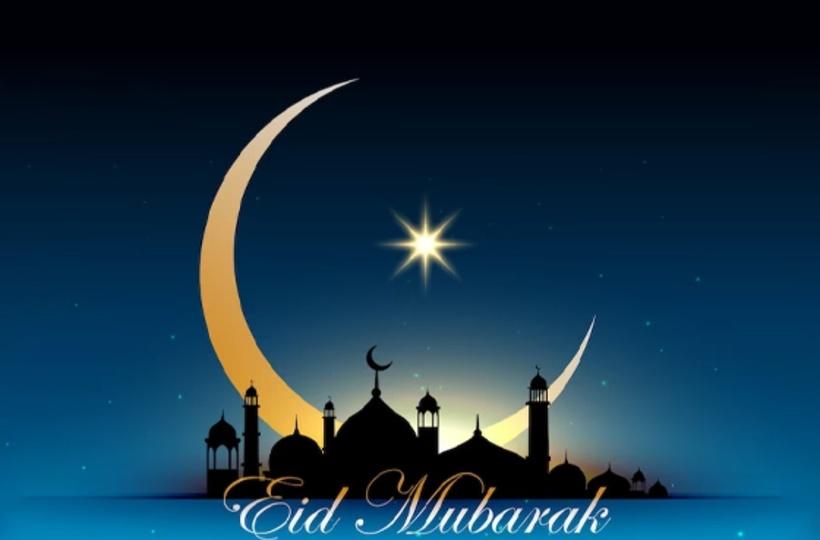
Ramadan is one of the most significant months in the Islamic calendar, observed by millions of Muslims worldwide. It is a time of fasting, prayer, reflection, and community. This blog post delves into the significance, practices, and traditions associated with Ramadan to provide a comprehensive understanding of this sacred month.
Also Read: Eid Celebrations: A Glimpse into the Joyous Festivals of Islam
[ez-toc]
What is Ramadan?
Ramadan is the ninth month of the Islamic lunar calendar. It is considered the holiest month for Muslims, marking the period when the Quran, the holy book of Islam, was revealed to the Prophet Muhammad. The month lasts 29 or 30 days, depending on the sighting of the moon.
When is Ramadan 2024?
Ramadan for the year 2024 starts on the evening of Sunday, March 10th and lasts for 30 days, ending at sundown on Monday, April 8th
The Significance of Fasting
Fasting during Ramadan, known as Sawm, is one of the Five Pillars of Islam, which are the core beliefs and practices every Muslim should uphold. The fast begins at dawn and ends at sunset, during which Muslims abstain from food, drink, smoking, and marital relations. The pre-dawn meal is called Suhoor, and the meal to break the fast at sunset is called Iftar.
The purpose of fasting includes:
- Self-discipline: Fasting teaches self-control and helps Muslims overcome selfishness, greed, laziness, and other personal faults.
- Reflection: It’s a time for spiritual reflection, increased devotion, and worship.
- Empathy: Fasting cultivates empathy for the less fortunate. Experiencing hunger reminds believers of those who face it daily, prompting acts of charity.
Spiritual Practices
- Prayer: Muslims perform five daily prayers, but during Ramadan, they also engage in special nightly prayers called Tarawih.
- Quran Recitation: Many aim to complete the recitation of the entire Quran during the month.
- Seeking Forgiveness: It’s a time to seek forgiveness, purify the heart, and strengthen the relationship with Allah.
Traditions and Customs

- Breaking the Fast: It’s customary to break the fast with fresh dates; if none are available, then with water.
- Community Gatherings: Iftar is often a communal event, with families and communities coming together to break their fast.
- Charity (Zakat and Sadaqah): Muslims are encouraged to give more during this month. Zakat, another of the Five Pillars, is the obligatory form of charity, while Sadaqah is a voluntary charity.
Eid al-Fitr: The Celebration at the End
At the conclusion of Ramadan, Muslims celebrate Eid al-Fitr, the “Festival of Breaking the Fast.” It’s a day of joy, thanksgiving, and festivity. Muslims dress in their finest clothes, offer special prayers, give Zakat al-Fitr (a form of charity meant to purify those who fast), and enjoy meals with family and friends.
6. Exceptions to Fasting
Islam provides exceptions for those for whom fasting might be dangerous or exceedingly difficult. This includes:
- Children (until they reach puberty)
- The elderly
- Those who are ill or traveling
- Pregnant or nursing women
- Women on their menstrual cycle
Those who miss fasts due to these reasons can either make up the days later or provide a meal to a needy person for each day missed.
Conclusion
Ramadan is a profound and sacred month for Muslims. It’s a time of deep spiritual reflection, growth, and community bonding. Whether you’re observing the month or simply wishing to understand its significance, it’s essential to approach it with respect and an open heart. As with many religious observances, the external practices are just a manifestation of a rich inner journey.

